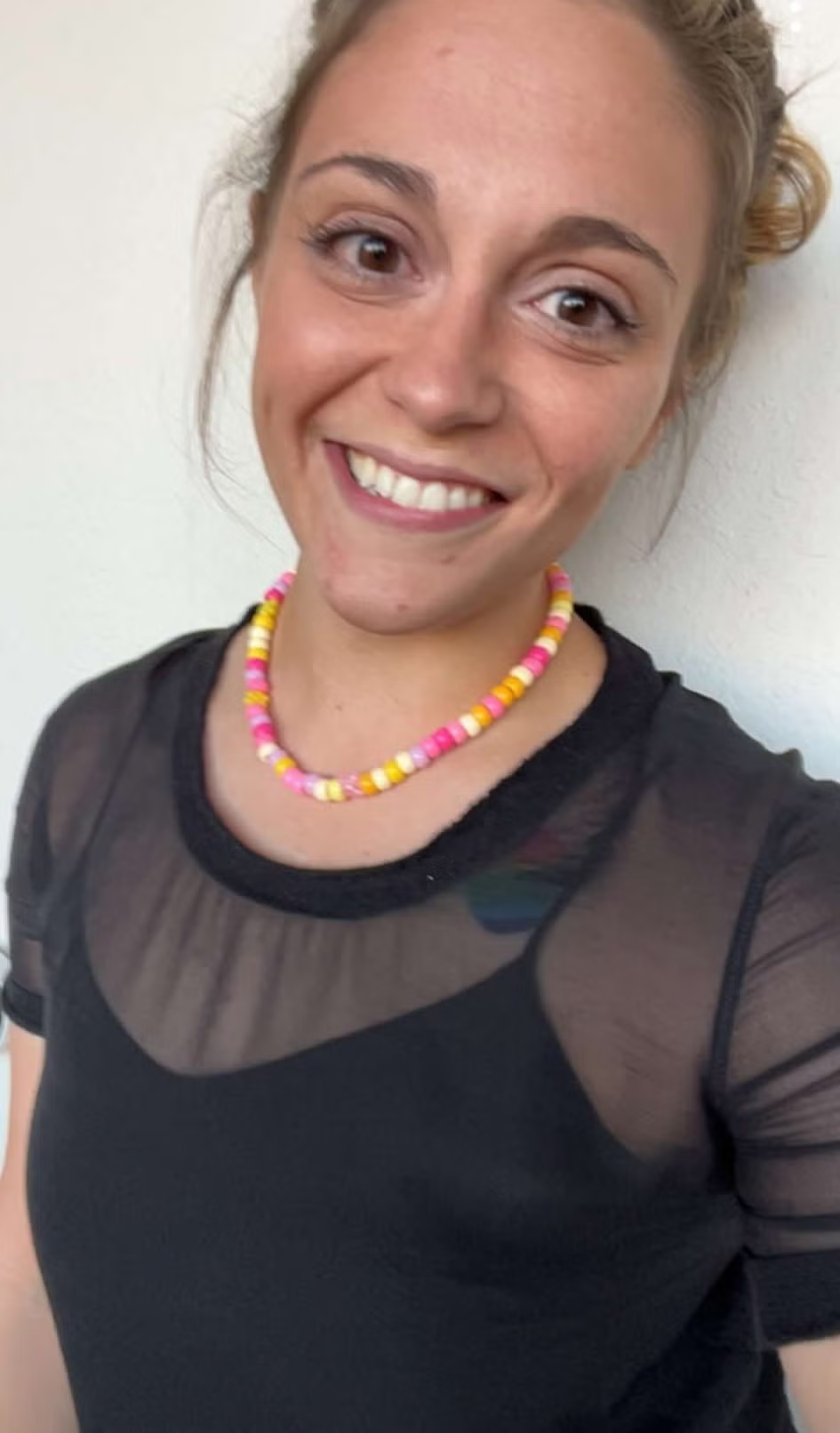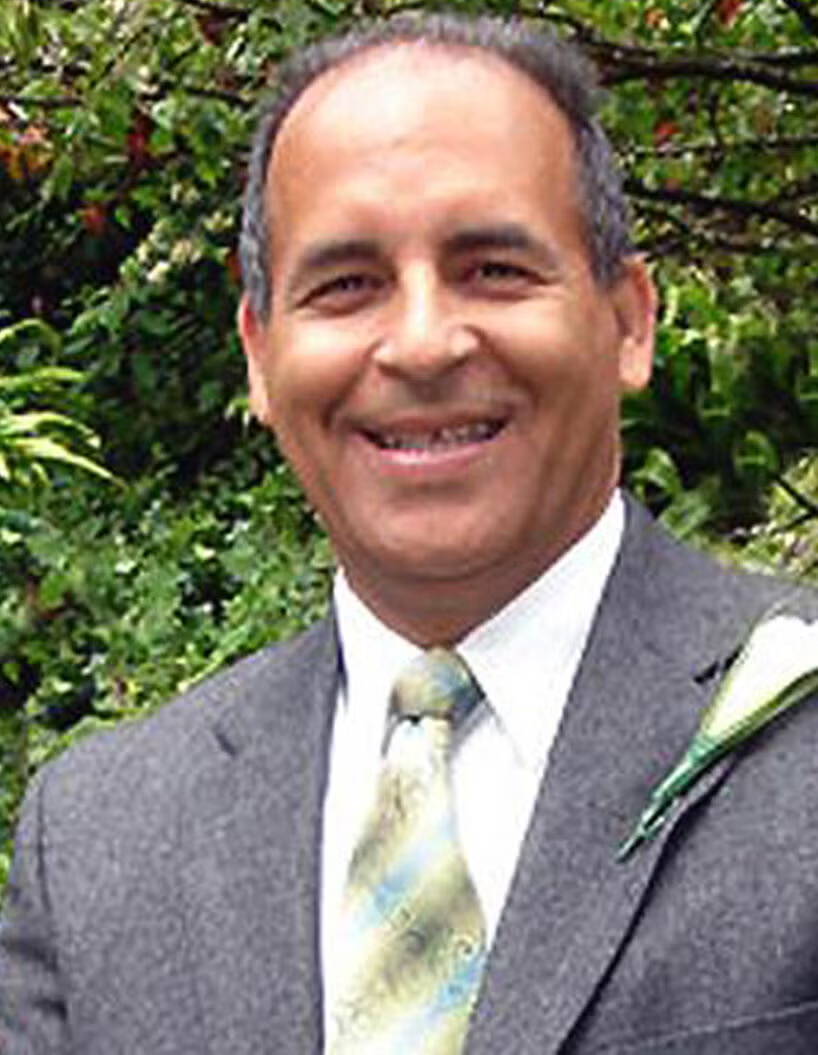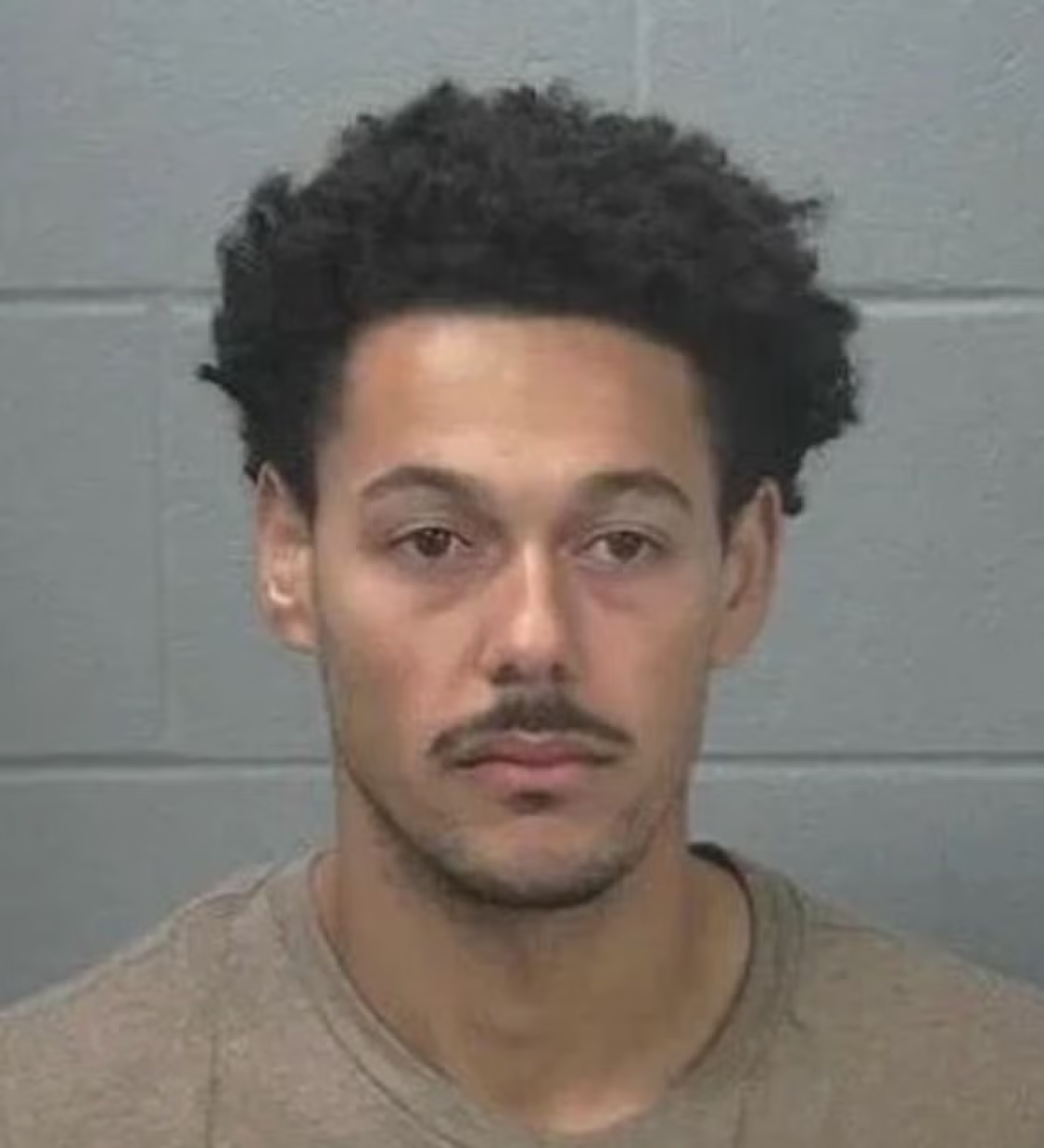The shooting of two National Guard members just steps from the White House—one fatally wounded—has sent a shockwave across the nation, an act made all the more unsettling by the identity of the accused gunman. Rahmanullah Lakanwal, a 29-year-old Afghan national who resettled in America because of his years of service alongside U.S. forces, has been charged in the ambush. His connection to the U.S. government—working with the CIA’s partner forces in Kandahar and leading an Afghan special forces unit—was the very reason he was evacuated to safety in 2021. Now, the quiet life he built for his family in Bellingham, Washington, is at the center of a federal investigation that is unraveling a deeply complex and tragic narrative.
Lakanwal arrived in the U.S. during the chaotic post-withdrawal process, known as Operation Allies Welcome, which saw tens of thousands of Afghans airlifted to safety. He settled in Bellingham with his wife and five children, making Washington State one of the key locations for Afghan resettlement. While not a massive “central hub” like some larger cities, Bellingham, a smaller community in Whatcom County, did open its doors to a significant number of refugees. This was largely facilitated by the local branch of World Relief Western Washington.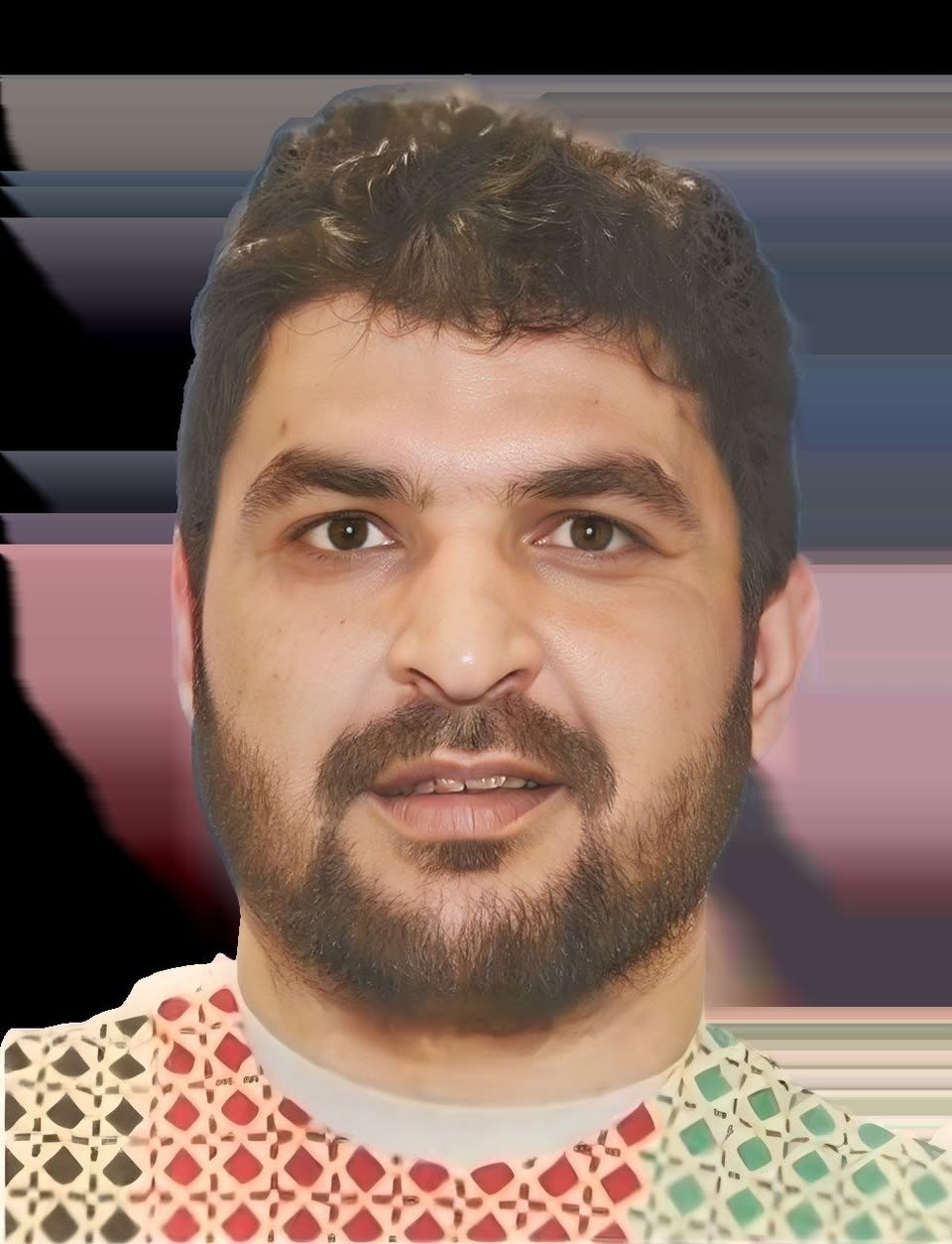
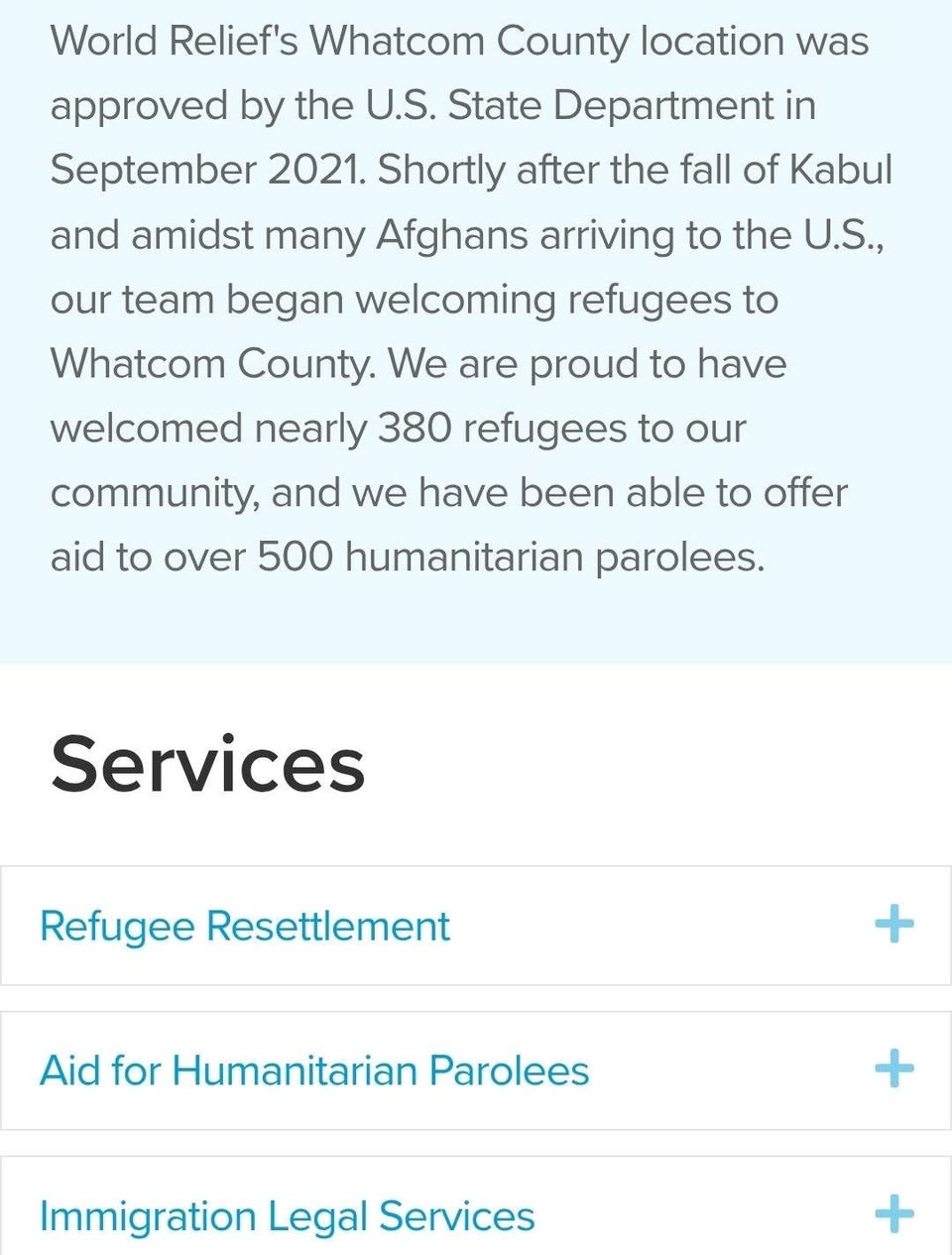

The faith-based organization established its Whatcom County office in 2021, shifting quickly from groundwork to urgent action as the Taliban seized control in August of that year. World Relief Western Washington and its local partners, including community volunteers and churches, stepped up to welcome and resettle Afghan families who arrived under humanitarian parole, a temporary legal status. By early 2025, the organization had resettled over 370 refugees and Special Immigrant Visa holders in the area, offering vital services like temporary housing, job placement, and English classes. It was through this network that Lakanwal, like many others, found his first footing in America.
His journey to the U.S. was a testament to his service. As a veteran who led an elite Afghan unit, his asylum application—which was granted earlier this year—was based on the very real threat of Taliban retaliation. He was one of the “allies” the U.S. government promised to protect. Yet, somewhere between the battlefields of Kandahar and the suburban streets of Bellingham, something fractured. Lakanwal, who had worked odd jobs as a delivery driver and warehouse clerk, was reportedly facing immigration limbo after his initial humanitarian parole expired, though he was later granted asylum.
While his family, who have had no contact with him for months, reportedly expressed shock, saying they “cannot believe he might do this,” the man who drove across the country to launch the attack appears to have harbored anti-Western views. Reports indicate his now-deleted social media posts showed anti-Western sentiments, including shares of Taliban propaganda and critiques of U.S. drone strikes. This raises terrifying questions about the psychological toll of the conflict and the vetting processes for those who helped us during the war.
The attack, which D.C.’s mayor termed an “ambush-style” and “targeted” shooting, occurred near a busy Metro station just blocks from the White House, sending a terrifying message to a city on the eve of a national holiday. Lakanwal was taken into custody after a third National Guard member intervened, ending the violent spree. He faces serious charges, including three counts of assault with intent to kill while armed.
In the aftermath, the shooting has reignited an acrimonious national debate over refugee policy and security vetting, with some politicians using the tragedy to criticize the resettlement programs. For the community of Bellingham, which rallied to welcome Lakanwal and his family, the incident is a devastating betrayal of trust. For the thousands of loyal Afghans who made it safely to the U.S., Lakanwal’s actions are a tragic, solitary incident that threatens to tarnish the reputation of a diaspora that simply seeks safety and peace.
Would you like me to find the latest updates on the condition of the two National Guard members who were shot?

